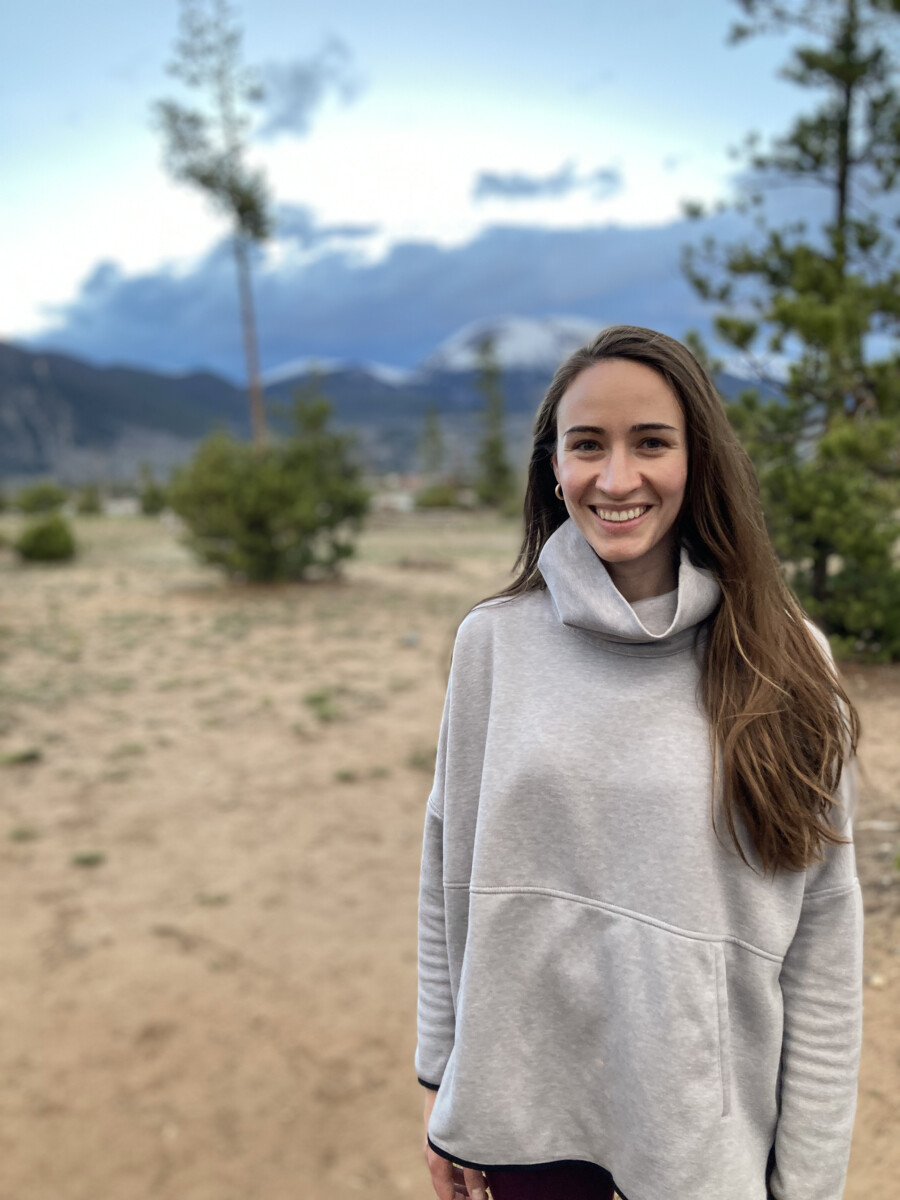This year, on Ash Wednesday, I was crossed and blessed at St. Andrew’s Episcopal Cathedral in Jackson, Mississippi.
It was the tail end of a trip honoring my friend Sarah’s thirtieth birthday; we’d spend the preceding three days enjoying Mississippi coast Mardi Gras, catching beads and beer koozies and foam footballs thrown by revelers of many kinds and boogieing to the uneven melodies of high school marching bands and also making risotto and going on long runs and playing Code Names and sipping frozen beverages from the Daiquiri Shak. It was glorious. But in the car on the way home from the parade, talking about our lives beyond that weekend, we fell into discussion about a shared sense of malaise: I hate my job. Maybe it’s time to leave this city. If we want to buy a house, what can we afford and where? I think I want to be a parent, and soon. Should I move home? I think I don’t want to be a parent. If my friends leave town, what will I do? Is this relationship gonna go the distance? What will I do when my parents get older? We drove past house after house set high on pillars to protect from future hurricane storm surges, along a beach covered with sand that was imported after an oil spill.
Is it the pandemic, we asked, or is it just—turning thirty? And the real question, the question behind it—Where do we go from here? Because I’m trying to imagine a good life and a future, and I don’t know how to.
I’m the last of that crew to turn thirty; my birthday isn’t till the end of May, so technically I’m behind the curve. I am unusual in that there is a very specific deadline to my malaise—I have to graduate in 2023 and then find something else to do with myself. But in many ways, we’re all in the same place: we know that in two years—in eighteen months—our lives will look radically different. But we don’t know how, and we don’t know where we’ll be, or who will be there when we come out the other side.
After Mardi Gras, Sarah and I closed up the rental house, grabbed coffee, and dropped our beads off for recycling at the aquarium in Gulfport. And then we drove three hours back to Jackson, where she’s lived for seven years now. I hadn’t been to Jackson since I helped her move in 2014—we went to church with her parents in Kalamazoo in the morning and then drove South, stopping for lunch in Champaign and dinner in Memphis, and the next day I took the overnight train back to Chicago. We were twenty-two. Sarah is a deacon now at the cathedral, so on Ash Wednesday she was up front in a robe. I sat on the wrong side of the aisle, so when we went up to receive ashes I didn’t get them from her, but as the dean, Anne, marked a cross on my forehead I could hear Sarah telling someone to remember that you are dust, and to dust you shall return.
In that car ride from Gulfport to Jackson, from Mardi Gras to Ash Wednesday, we talked about death. I’ve been thinking about it a lot, for probably the entirety of the pandemic, those two years that feel like a cubist painting of the life I’d imagined, and I asked Sarah what she thought about heaven. And she talked about the Prodigal Son story: maybe heaven is a party God throws with an open invitation, but we are only able to enjoy it if we’re willing to accept that God invited all those other people, too—that God loves me, and God loves every other asshole on this planet just as much. I kept thinking about the thrown beads that weren’t caught, that were crushed under the wheels of subsequent parade floats, bits of which would wash into the Gulf and be consumed by the cousins of the crawfish we had ordered for dinner, and how bound we are to return to dust, how eager we are to forget or ignore it. And then, toward the end of the service, we asked God to grant us a true understanding of our waywardness, that we may at last come to your eternal joy.
Originally, this appeared on the post-calvin.

